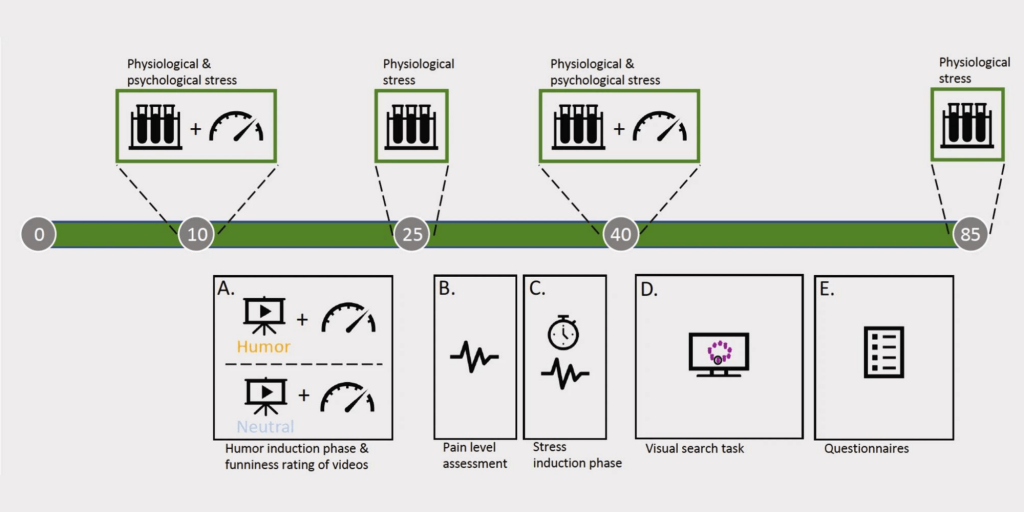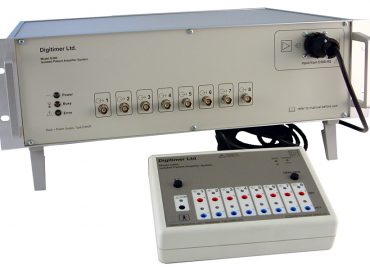The DS5 stimulator
A key player in neurophysiology research

Did you know, May is Mental Health Awareness Month?
31 days dedicated to raising awareness of mental health issues and improving people’s mood. And this year, amidst the challenges of the pandemic, it’s been more important than ever before.
That’s why, we thought it would be a fantastic time to talk about our peripheral nerve stimulators and their role in recent psychology and human neurophysiology research. We’re always thrilled when a study that used our equipment is successfully published. And a recent paper by Froehlich et al (2021) – which employed the DS5 Isolated Bipolar Stimulator – particularly caught our attention.
Here we take a closer look at the study and how our stimulator played its part.
Humour – an effective stress-reliever
Conducted by the German Institute of Human Nutrition and the Inst. of Psychology at the University of Luebeck, essentially, the study aimed to demonstrate the stress-relieving power of humour.
Previous studies have shown that watching funny videos can help to lower stress levels. But these studies only assessed stress psychologically – by asking participants to subjectively rate their anxiety. By contrast, Froehlich et al (2021) aimed to show that a short humorous intervention can protect against both psychological and physiological stress, without impacting cognitive performance.
Saliva samples were collected throughout and cortisol levels were used as a marker for physiological stress. Participants were first asked to watch either a humorous or neutral movie, before undergoing a pain tolerance assessment, stress induction, and visual search task. Both the assessment and the induction were performed using the Digitimer DS5 Isolated Bipolar Constant Current Stimulator.
A current of increasing intensity was applied to the point at which the participant indicated it was unpleasant. Then, in a five-minute stress test, both 30 random mild shocks of individual intensity (up to 50 mA for max. 200 ms) and 20 randomly distributed shocks – at the maximum level of pain tolerance – were administered, as the participant counted down from 500 in steps of 7.

It’s fair to say, the results were very interesting.
Compared to the control group, both psychological stress and salivary cortisol levels were lower in the humour group – despite there being no difference in performance on the visual search task. This shows that a funny video clip can shield against both subsequent psychological and physiological stress, without compromising cognitive performance. And, ultimately, small humorous interventions could be used to improve mental and physical health in everyday life situations.
Interested in the DS5 for your neurophysiology research?
Neurophysiology research that focuses on mental health is more important than ever before, and we’d love to be able to play a small part. If you’re planning a new psychology or human neurophysiological study, and believe the DS5 could be beneficial, detailed information on the device can be found in our Product Catalogue and Data Sheet. You’re also welcome to contact us at any time. Once we know a bit more about the nature of your research, we can advise on the best peripheral nerve stimulator for your needs, talk you through its features and give you a personal quote.
Or, if you’ve already used the DS5 – or any of our other peripheral stimulators – in your previous research, be sure to let us know. We love to hear about our equipment in action, particularly if they were used for a piece of published research, such as that by Froehlich et al (2021). You can either give us a call on 01707 328347 or send an email to [email protected] and we’ll get back to you as soon as possible.



